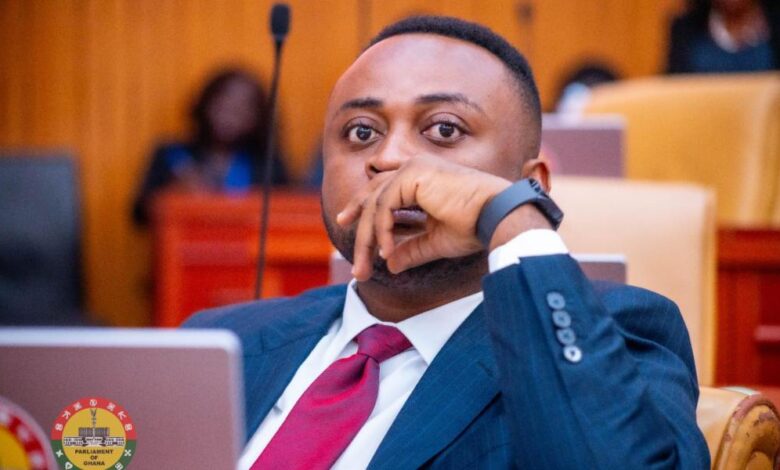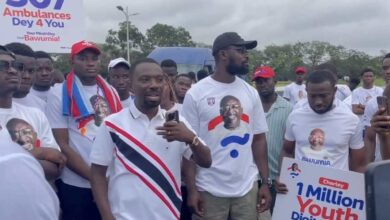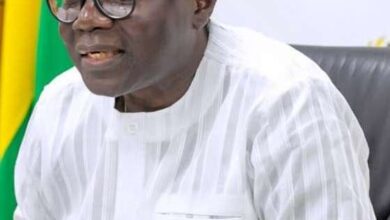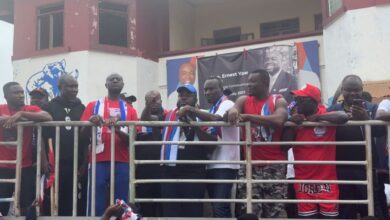History is repeating itself with GBA challenge – Ekow Assafuah

Vincent Ekow Assafuah has drawn a direct link between the ongoing Supreme Court challenge to the Ghana Bar Association’s (GBA) constitutional status and a long history of political attempts to undermine the Association’s influence.
Reacting to the suit filed by South Dayi MP Rockson-Nelson Dafeamekpor, private legal practitioner Israel Tetteh, and the Ghana Law Society, Assafuah argued that the case cannot be viewed in isolation but must be understood against Ghana’s historical backdrop.
“This is not the first time the GBA has found itself at the heart of Ghana’s constitutional and political struggles,” he wrote in a post on social media.
He cited the 1980s during the PNDC era, when Public Tribunals were created under PNDCL 24 and PNDCL 78 to sideline the regular courts, restrict appeals, and allow political appointees to handle serious criminal cases.
The GBA, he recalled, fiercely resisted those moves, boycotting the tribunals and condemning them as attacks on judicial independence. That defiance, he noted, created a longstanding rift between the Bar and the state.
For Assafuah, the current constitutional challenge reflects a recurring pattern; “Once again, the GBA has clashed with the political establishment, most recently in its criticism of the President’s removal of the Chief Justice,” he observed, suggesting that attempts to diminish the Association’s authority often arise when it asserts its role as a guardian of judicial independence.
He further outlined the core legal issue before the Supreme Court, whether the GBA’s mention in the 1992 Constitution was intended to entrench it as the singular Bar or whether the reference is descriptive, leaving room for other lawyer associations.
While plaintiffs anchor their case on constitutional freedoms, including the right to association and equality before the law, Assafuah pointed to the weight of historical and textual evidence in the GBA’s favour.
“Successive constitutions have recognized the GBA by name, suggesting that the framers intended a singular and unified Bar,” he wrote, adding that proponents of this view argue that coherence in the legal profession depends on a single recognized body.
He stressed that the Court faces a delicate balancing act.
“The Supreme Court must balance textual interpretation, historical practice, and constitutional values — pluralism and freedom on one side, coherence and stability on the other,” he stated.
The suit, filed earlier this month, challenges the “exclusive” status of the GBA as the sole representative of lawyers in Ghana.
The plaintiffs argue that the constitutional reference to the GBA must be interpreted broadly to include all lawyer associations, a position the Court will now examine against decades of legal tradition and political history.





